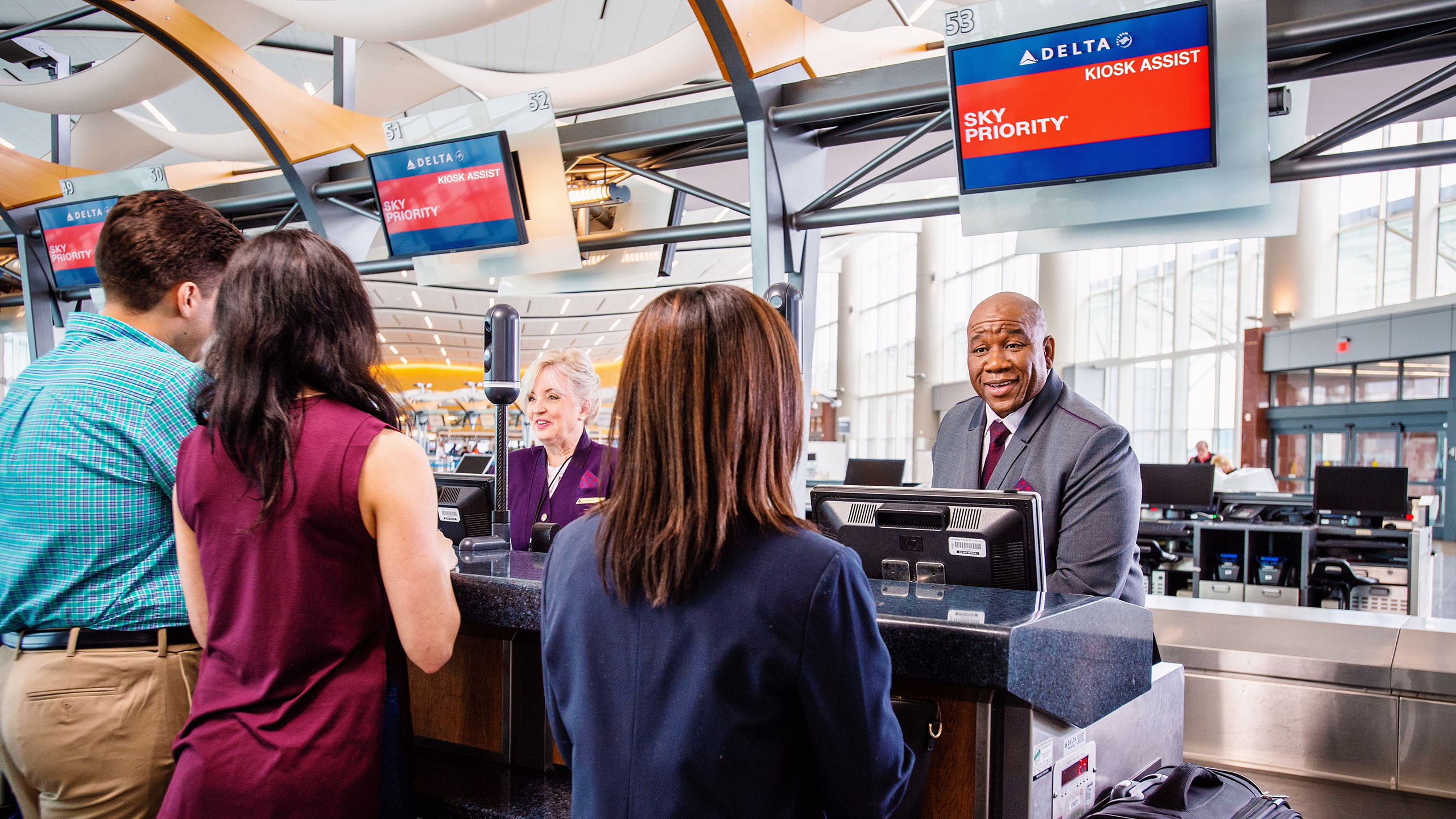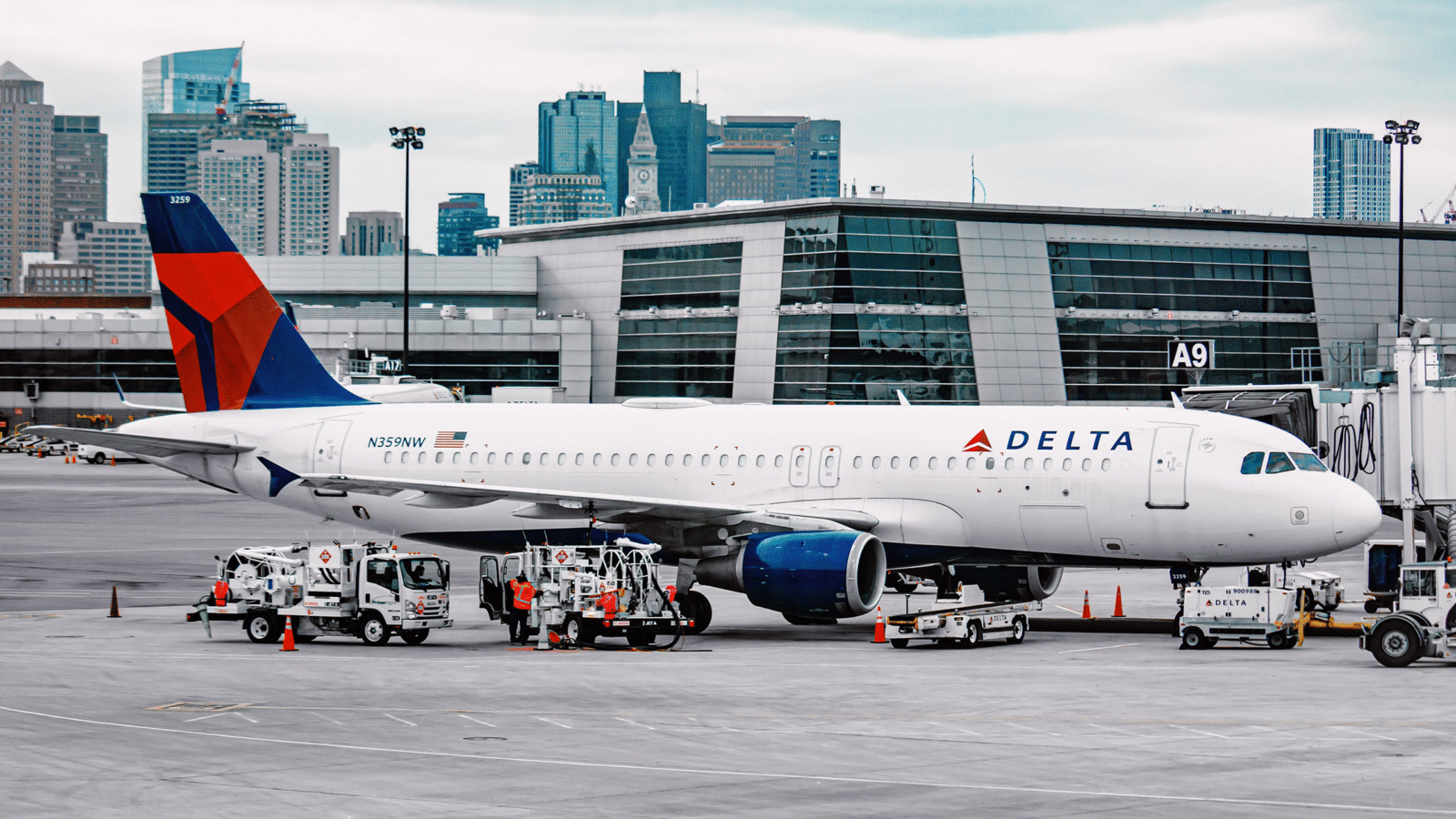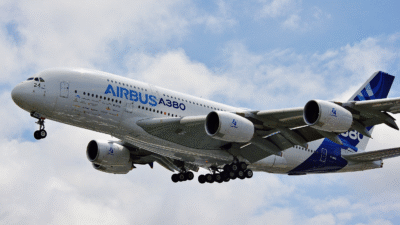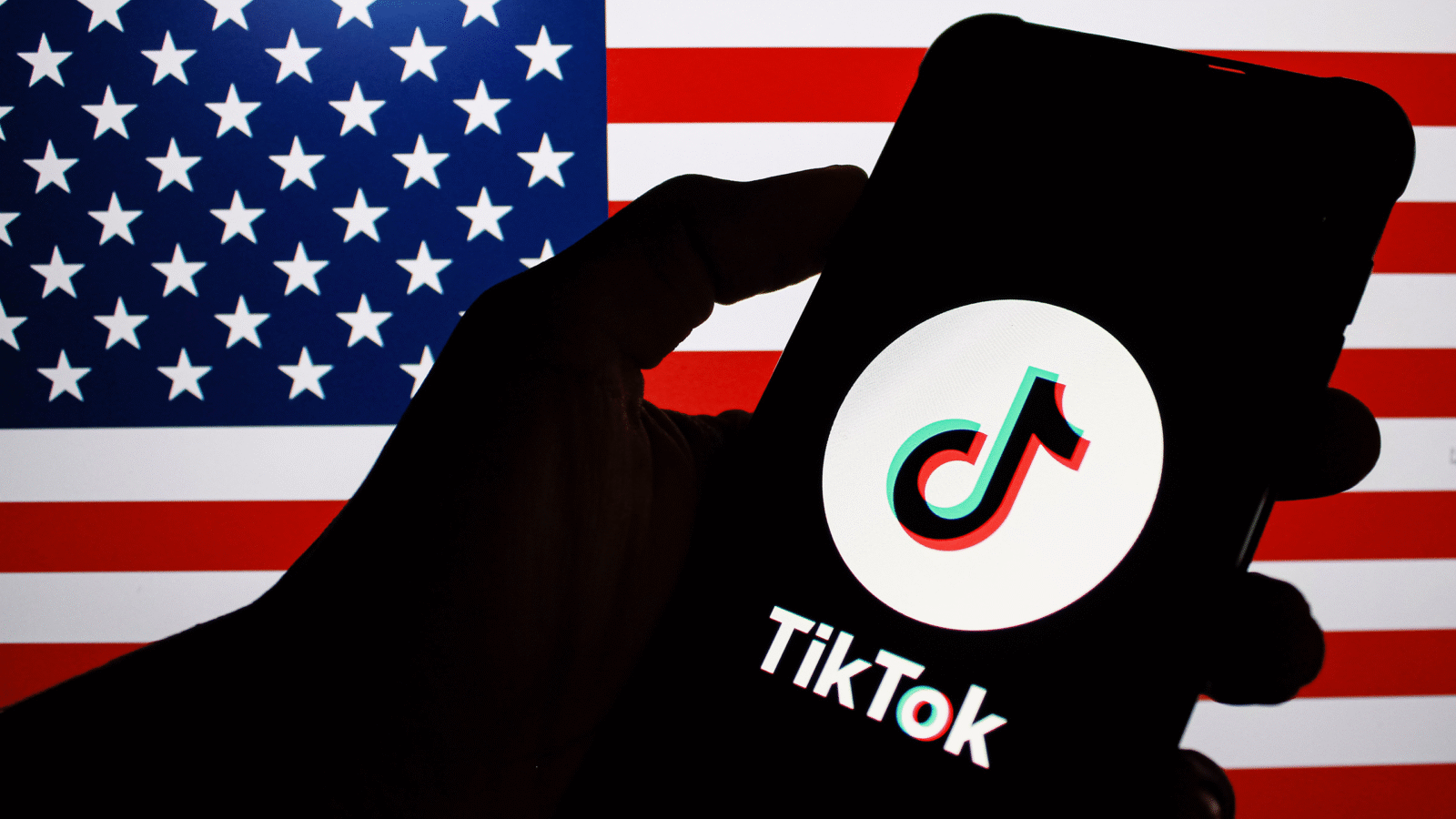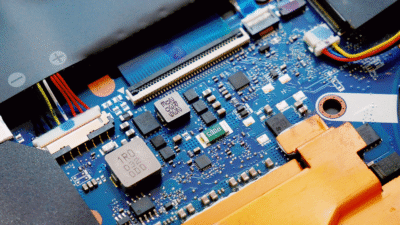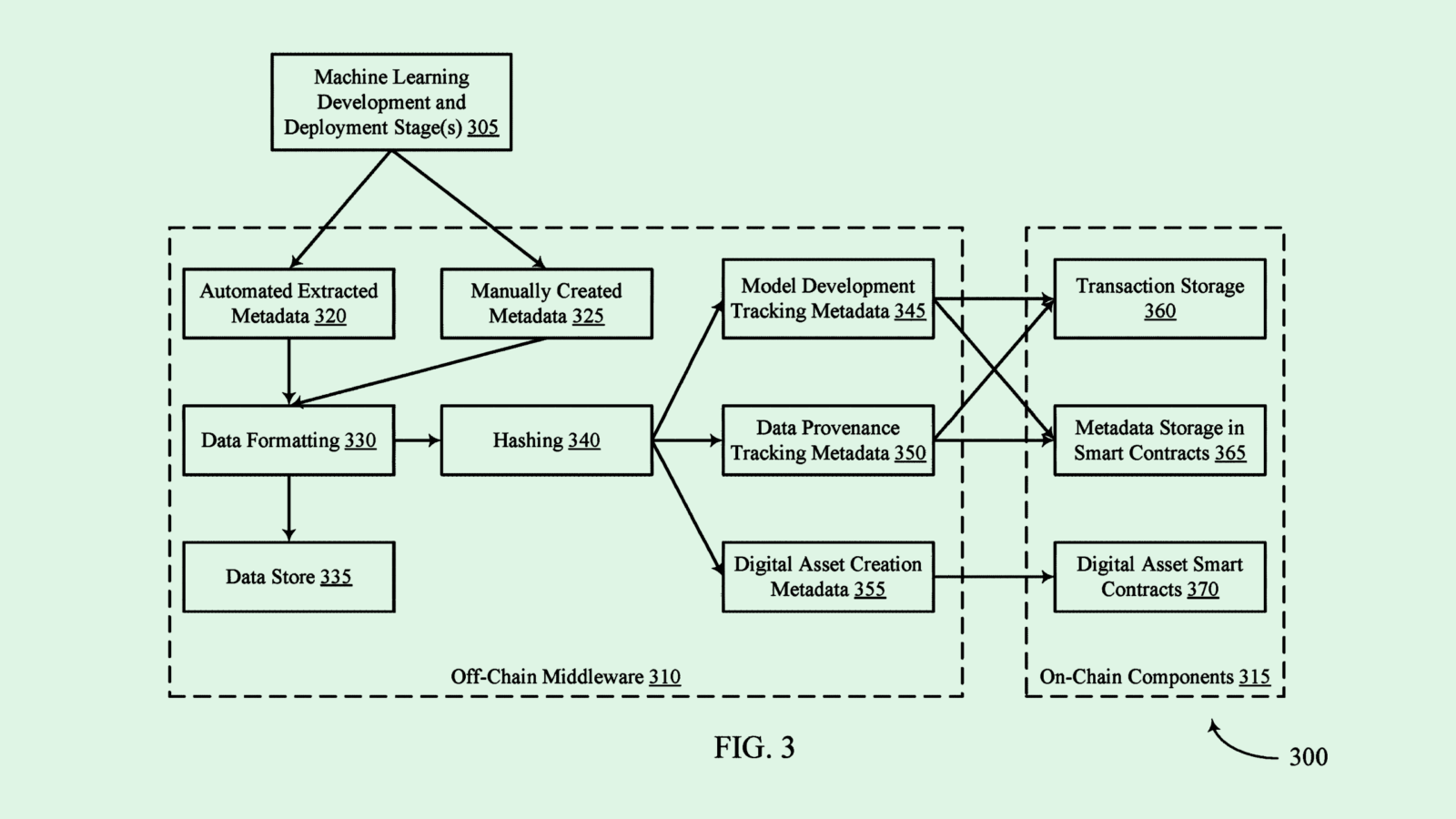Who’s at Fault in the CrowdStrike-Delta Summer Meltdown?
Delta Airlines is suing CrowdStrike, which was behind the glitchy software update that sparked a global outage of critical flight systems.
Sign up for smart news, insights, and analysis on the biggest financial stories of the day.
What’s more terrifying than a software malfunction that disrupts entire swatches of the global economy? Lawyers.
On Friday, Delta Airlines sued cybersecurity firm CrowdStrike, the company behind the glitchy software update that sparked a global outage of critical flight systems this summer. Fittingly, on Monday, CrowdStrike announced it had filed to countersue.
Cyber Insecurity
To recap: In July, CrowdStrike rolled out a faulty update that crashed millions of Microsoft Windows computers using its software. Delta, a client of both CrowdStrike and Windows, experienced a massive outage that caused 7,000 worldwide flight cancellations. Ergo, Delta sued CrowdStrike on Friday, alleging it is liable for over $500 million in out-of-pocket losses, as well as unspecified profit losses and reputational harm.
As happens in the high-stakes world of corporate law, what goes around comes around — CrowdStrike came back with its own list of allegations:
- In its own suit, CrowdStrike alleges that Delta refused assistance from both it and Microsoft. The company is seeking a declaratory judgment plus legal fees.
- In previous public statements leading up to the lawsuits, CrowdStrike highlighted how Delta’s internal response worsened the issue’s impact, and how other airlines fared better amid the outage.
Hanging On: While the summer outage marked one of the highest-profile digital disasters ever, its bottom-line impact on CrowdStrike has hardly been catastrophic. “Our work found little to no evidence of customers shifting away from CrowdStrike,” BNP Paribas analysts wrote in a paper. Meanwhile, the company’s share price has already recovered somewhat from a broad sell-off following the outage. It currently trades at around $300 per share — below its all-time high around $390, which it traded at just prior to the outage, but above the $217 per share pit it fell into in the days afterward.
